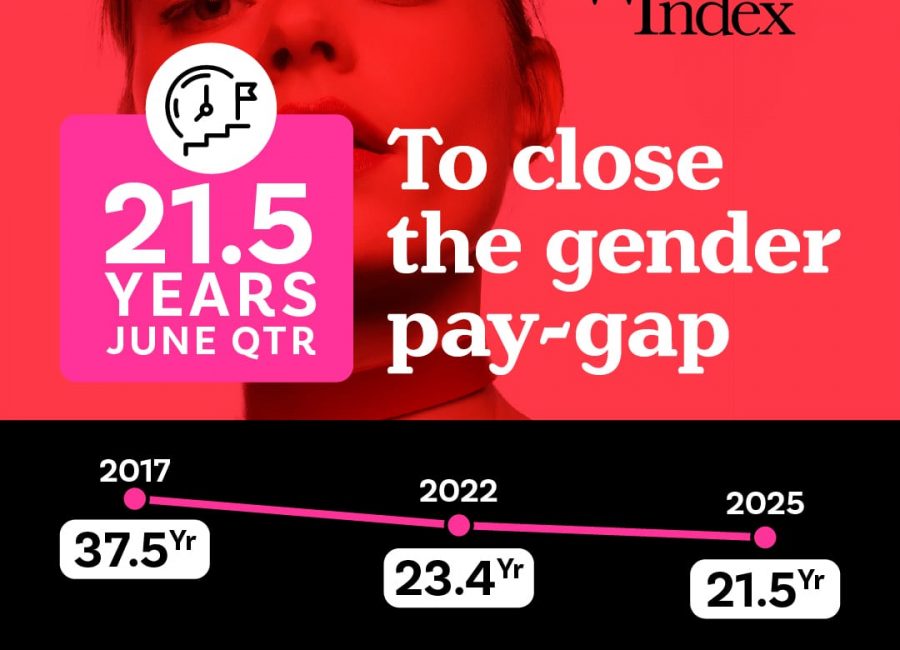New finder.com.au research found Australians are most worried about not having enough savings to cope with an unexpected cost, feared by 58 per cent of Australians.
Being unable to afford unexpected medical bills is up high on the list of financial fear factors keeping many Australian women awake at night.
Interestingly, 60 percent of women confess an unforeseen cost was their biggest financial fear compared to just 55 per cent of men.
24 per cent of women are fearful about home loan arrears, and 31 per cent are concerned about being rejected for a credit application such as a home loan or credit card.
Only 12 percent of women fear unhealthy financial habits, such as gambling or risky investments.
With an unexpected cost being listed as the number one money fear among Australian women, here are some ways you can prepare for the unknown.
1. Chip away at existing debt.
The best way to prepare for an unforeseen expense is to become savvy with your debt management.
Whether it’s lowering your credit card limit, consolidating personal debt, or switching to a more cost-effective insurance provider, there are many ways you can take control of your money and minimise your outstanding debt.
If you have several accounts open, such as a personal loan and credit cards, focus on servicing this debt as quickly as possible.
Conducting a balance transfer on your credit card or throwing any extra savings towards your personal loan are good ways to minimise debt. If you’re juggling several debt accounts, remember to prioritise high-interest debt first so you minimise your interest charges as quickly as possible.
2. Lift your savings game.
Growing your savings balance is another strategy you should pursue to ensure you’re prepared to tackle any unforeseen costs that come your way.
Place your money in a high-interest savings account or a term deposit account for a guaranteed return and watch your savings grow over time.
3. Negotiate better deals on your financial accounts.
Whether it’s asking for a better rate on your personal loan or seeing whether your electricity provider can waive an account-keeping fee, there are many ways you can get more bang for your buck by having the confidence to simply ask.
4. Get into good money habits.
Whether it’s resisting the urge to take out a second credit card, paying your bills on time, making extra repayments on your mortgage, or shopping around for a better deal, there are many ways you can get into positive financial habits to ensure you’re in a strong position to manage an unexpected financial shock.
5. Check if you’re properly insured.
Right now is a good time to review your insurance policy details, check your policy for major accidents and illness to make sure you’re covered for total and permanent disability and income protection insurance.
We all have our worries when it comes to our personal finances, but if you work to reduce your debt, come up with a savings roadmap, negotiate better financial deals and get into positive money habits, you’ll be in a strong position to cope with a future financial shock.












